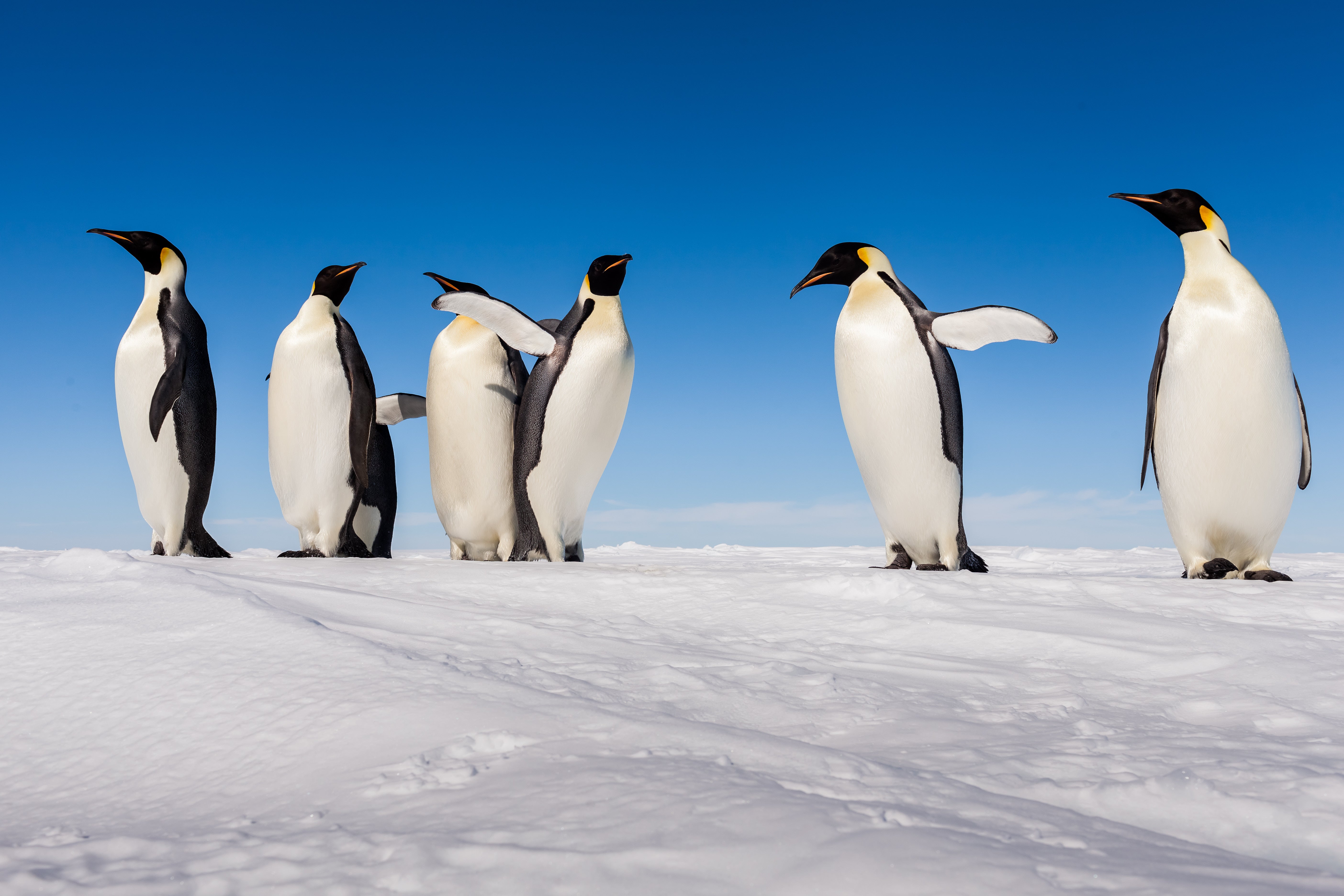Two-thirds of Antarctic plants and animals face being killed off by 2100, study claims
Researchers estimate 65 per cent of the continent’s plants and wildlife will suffer population decline by the year 2100
Your support helps us to tell the story
From reproductive rights to climate change to Big Tech, The Independent is on the ground when the story is developing. Whether it's investigating the financials of Elon Musk's pro-Trump PAC or producing our latest documentary, 'The A Word', which shines a light on the American women fighting for reproductive rights, we know how important it is to parse out the facts from the messaging.
At such a critical moment in US history, we need reporters on the ground. Your donation allows us to keep sending journalists to speak to both sides of the story.
The Independent is trusted by Americans across the entire political spectrum. And unlike many other quality news outlets, we choose not to lock Americans out of our reporting and analysis with paywalls. We believe quality journalism should be available to everyone, paid for by those who can afford it.
Your support makes all the difference.Conservation efforts designed to protect Antarctic ecosystems are insufficient, according to a study.
An estimated 65 per cent of the continent’s plants and wildlife will suffer population decline by the year 2100, according to Jasmine Rachael Lee and her colleagues at the University of Queensland, Australia.
They say implementing ten key threat management strategies — at an annual cost of $23 million — would benefit up to 84 per cent of terrestrial bird, mammal, and plant groups.
Ms Lee said: “What this work shows is that climate change is the greatest threat to Antarctic species and what we need is global mitigation efforts to save them. This will not only help to secure their future, but also our own.”
Researchers combined expert assessments with scientific data to evaluate threats and conservation strategies for Antarctica to better understand which species are the most vulnerable and identify the most cost-effective actions.
They asked 29 experts to define possible management strategies, estimate their cost and feasibility, and assess the potential benefit to different species between now and 2100.
Climate change was identified as the most serious threat to Antarctic biodiversity and influencing global policy to limit warming was the most beneficial conservation strategy.

Under current management strategies and more than two degrees celsius of warming, 65 per cent of land plants and animals will decline by 2100.
Emperor penguins were identified as the most vulnerable, followed by other sea birds and soil nematode worms. However, regional management strategies could benefit up to 74 per cent of plants and animals at an estimated cost of $1.92 billion over the next 83 years, equating to 0.004 per cent of global GDP in 2019.
The regional management strategies identified as offering the greatest return on investment were minimising the impacts of human activities, improving the planning and management of new infrastructure projects, and improving transport management.
As Antarctica faces increasing pressure from climate change and human activities, a combination of regional and global conservation efforts is needed to preserve Antarctic biodiversity and ecosystem services for future generations, the authors say.




Join our commenting forum
Join thought-provoking conversations, follow other Independent readers and see their replies
Comments